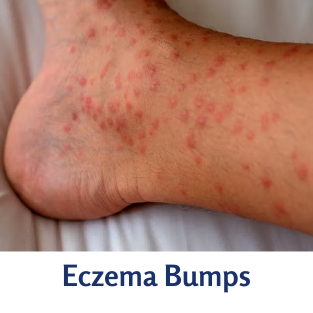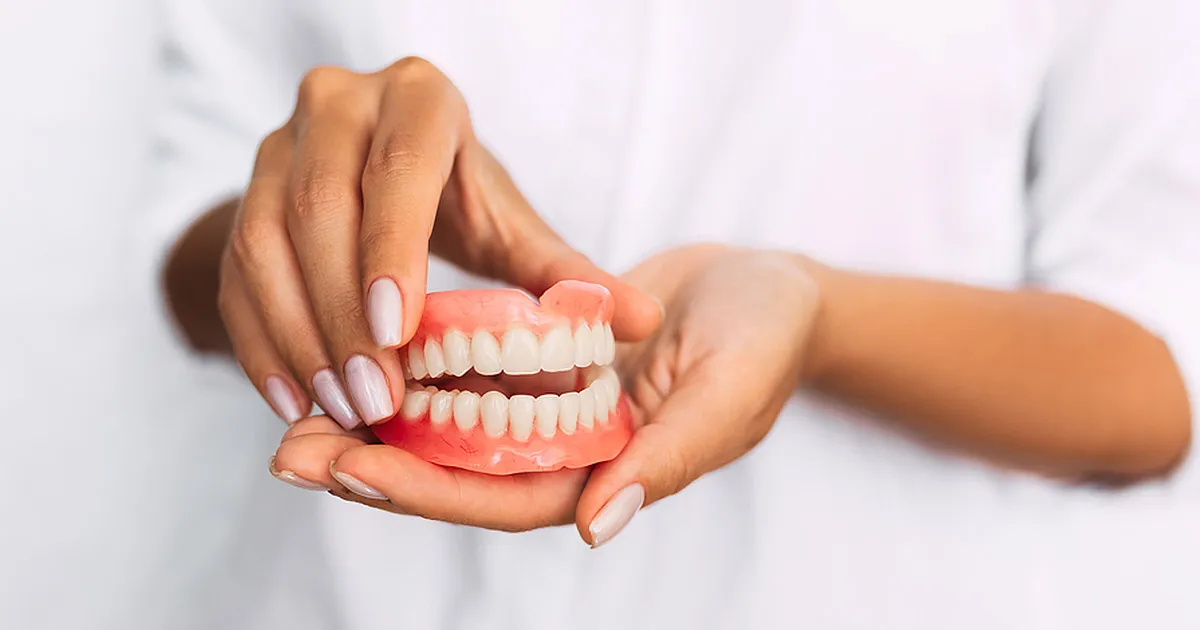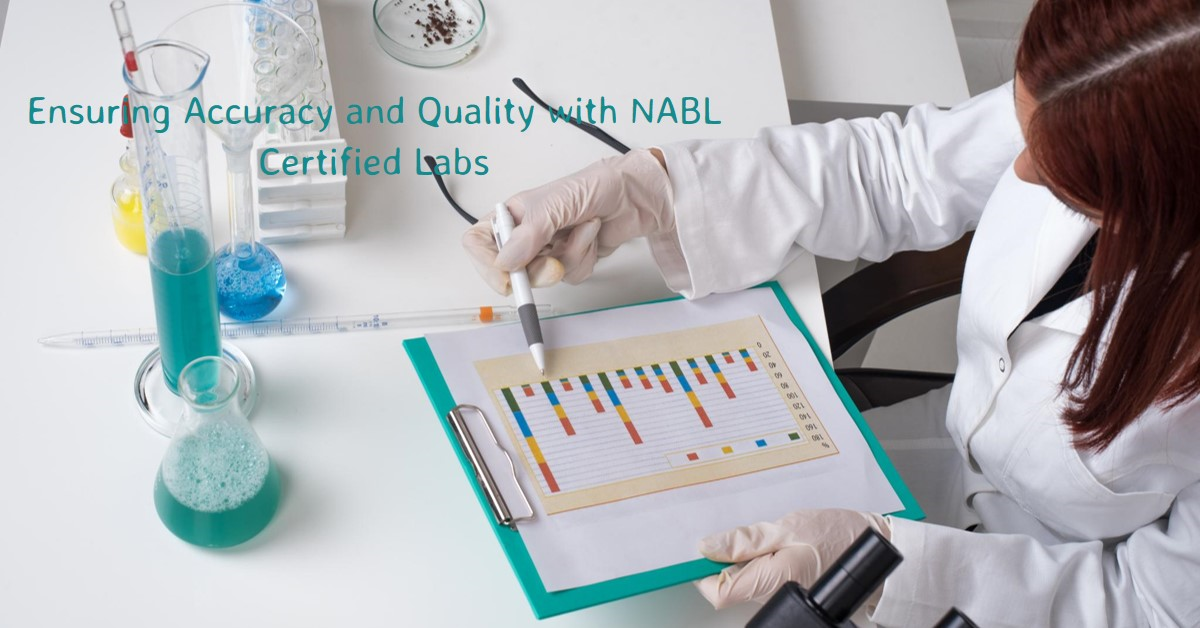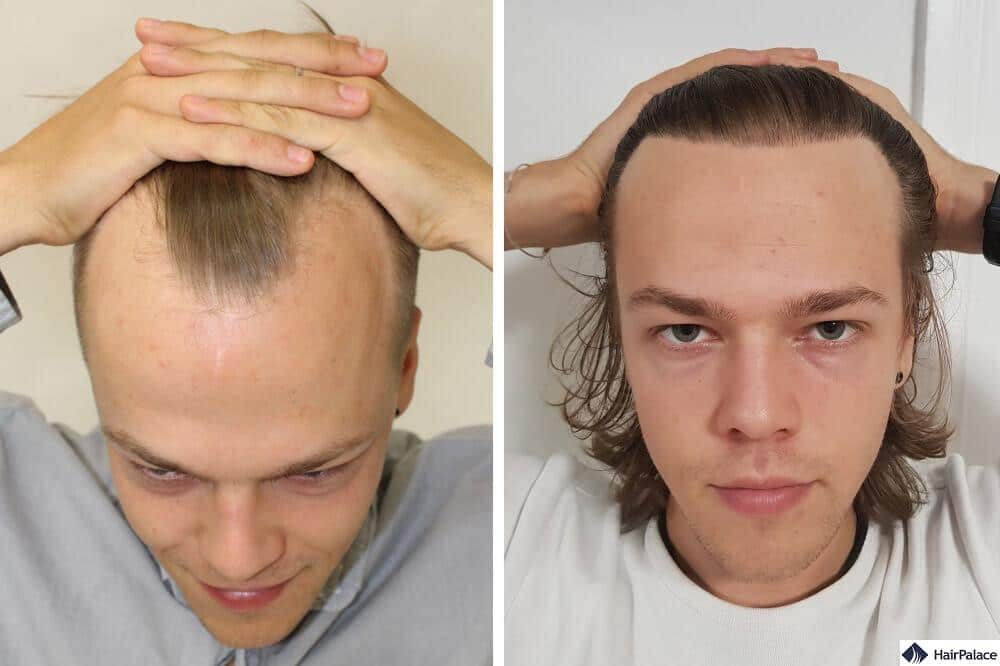Dealing with skin issues can be challenging, but when you’re faced with a combination of eczema and pimples, it can feel overwhelming. This comprehensive guide delves into the world of eczema pimples, a frustrating condition where the symptoms of eczema and acne overlap. We’ll explore the causes, symptoms, treatment options, and management strategies to help you navigate this complex skin condition.
What Are Eczema Pimples?
Eczema pimples, also known as eczema with acne or atopic acne, is a condition where individuals experience both eczema and acne symptoms simultaneously. This combination can be particularly distressing, as the treatment for one condition may exacerbate the other.
Eczema: A Quick Overview
Eczema, or atopic dermatitis, is a chronic inflammatory skin condition characterized by:
- Dry, itchy skin
- Red, inflamed patches
- Rough or scaly texture
- Possible oozing or crusting
Acne: The Basics
Acne is a skin condition that occurs when hair follicles become clogged with oil and dead skin cells, leading to:
- Whiteheads
- Blackheads
- Pimples
- Cysts in severe cases
When these two conditions coexist, it creates a unique set of challenges for those affected.
Causes of Eczema Pimples
Understanding the root causes of eczema pimples is crucial for effective management. Several factors contribute to this dual condition:
- Genetic Predisposition: Both eczema and acne have genetic components, making some individuals more susceptible to developing both conditions.
- Hormonal Fluctuations: Hormonal changes, particularly during puberty, pregnancy, or menstrual cycles, can trigger both eczema flare-ups and acne breakouts.
- Compromised Skin Barrier: Eczema weakens the skin’s natural barrier, making it more vulnerable to bacterial overgrowth and inflammation, which can lead to acne.
- Overactive Immune Response: Both conditions involve an overactive immune system, leading to inflammation in the skin.
- Environmental Factors: Allergens, irritants, and changes in temperature or humidity can exacerbate both eczema and acne.
- Stress: High stress levels can trigger or worsen both conditions.
- Skincare and Cosmetic Products: Some products designed to treat one condition may inadvertently worsen the other.
Symptoms of Eczema Pimples
Identifying eczema pimples can be tricky, as symptoms of both conditions may overlap. Common signs include:
- Dry, itchy patches of skin (typical of eczema)
- Red, inflamed areas
- Small, raised bumps that may be filled with pus
- Rough or scaly skin texture
- Possible oozing or crusting
- Increased sensitivity to skincare products
- Persistent redness and irritation
It’s important to note that symptoms can vary from person to person and may change over time.
Diagnosis of Eczema Pimples
Diagnosing eczema pimples typically involves:
- Medical History: Your dermatologist will ask about your symptoms, family history, and potential triggers.
- Physical Examination: A close inspection of your skin to identify characteristic signs of both eczema and acne.
- Patch Testing: This may be done to identify specific allergens that could be triggering your eczema.
- Skin Swab: In some cases, a swab may be taken to check for bacterial overgrowth.
- Biopsy: Rarely, a small skin sample may be taken to rule out other conditions.
Treatment Options for Eczema Pimples
Managing eczema pimples requires a delicate balance, as treatments for one condition may exacerbate the other. Here are some common approaches:
Topical Treatments
- Gentle Cleansers: Use mild, fragrance-free cream that won’t strip the skin of its natural oils.
- Moisturizers: Look for non-comedogenic, fragrance-free moisturizers to hydrate the skin without clogging pores.
- Topical Corticosteroids: These can help reduce inflammation associated with eczema but should be used sparingly and under medical supervision.
- Topical Calcineurin Inhibitors: Medications like tacrolimus or pimecrolimus can help manage eczema without the side effects of steroids.
- Benzoyl Peroxide: This acne-fighting ingredient can be helpful but may be too drying for eczema-prone skin. Use with caution.
- Salicylic Acid: This can help unclog pores but may be irritating for some eczema sufferers.
Oral Medications
- Antihistamines: These can help reduce itching associated with eczema.
- Antibiotics: In cases of bacterial overgrowth, oral antibiotics may be prescribed.
- Isotretinoin: For severe, resistant acne, this powerful medication may be considered, but it can exacerbate eczema symptoms in some cases.
Alternative Therapies
- Phototherapy: Controlled exposure to UV light can help manage both eczema and acne symptoms in some cases.
- Dietary Changes: Identifying and eliminating food triggers may help reduce flare-ups.
- Stress Management: Techniques like meditation or yoga can help reduce stress-induced flare-ups.
Lifestyle Management for Eczema Pimples
In addition to medical treatments, lifestyle changes can significantly impact the management of eczema pimples:
- Gentle Skincare Routine: Develop a consistent, gentle skincare routine using products suitable for both eczema and acne-prone skin.
- Avoid Triggers: Identify and avoid triggers that worsen your symptoms, such as certain fabrics, foods, or environmental factors.
- Stay Hydrated: Drink plenty of water to help keep your skin hydrated from the inside out.
- Humidify Your Environment: Use a humidifier to add moisture to the air, especially in dry climates or during winter.
- Don’t Pick or Scratch: Resist the urge to pick at pimples or scratch eczema patches, as this can lead to infection and scarring.
- Choose Makeup Wisely: Opt for non-comedogenic, hypoallergenic makeup products, and always remove makeup before bed.
- Manage Stress: Incorporate stress-reduction techniques into your daily routine, such as deep breathing exercises or regular physical activity.
Prevention Strategies
While it may not be possible to prevent eczema pimples entirely, these strategies can help reduce flare-ups:
- Maintain Skin Hydration: Keep your skin well-moisturized to support its natural barrier function.
- Avoid Harsh Products: Steer clear of skincare products containing alcohol, fragrances, or other potential irritants.
- Practice Good Hygiene: Cleanse your skin gently but regularly, especially after sweating.
- Manage Stress: Develop healthy coping mechanisms for stress, as it can trigger both eczema and acne flare-ups.
- Stay Cool: Avoid overheating and excessive sweating, which can irritate the skin.
- Regular Check-ups: Maintain regular visits with your dermatologist to adjust your treatment plan as needed.
When to Seek Professional Help
While many cases of eczema pimples can be managed at home, it’s important to consult a dermatologist if:
- Your symptoms are severe or worsening
- Over-the-counter treatments aren’t providing relief
- You suspect an infection (increased redness, warmth, or pus)
- The condition is significantly impacting your quality of life
Conclusion
Dealing with eczema pimples can be challenging, but with the right approach, it’s possible to manage this complex skin condition effectively. By understanding the causes, recognizing the symptoms, and implementing a tailored treatment plan, you can work towards clearer, healthier skin.
Remember, everyone’s skin is unique, and what works for one person may not work for another. Be patient with your skin, and don’t hesitate to seek professional help when needed. With persistence and the right care, you can navigate the challenges of eczema pimples and achieve better skin health.









